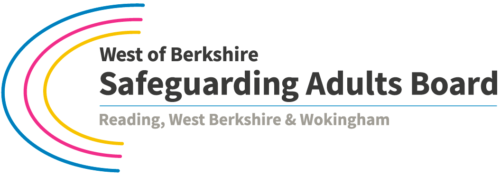Modern Slavery in Care
Modern slavery is an umbrella term that encompasses human trafficking, slavery, servitude and forced labour. Someone is in slavery if they are:
- forced to work through mental or physical threat;
- owned or controlled by an ‘employer’, usually through mental or physical abuse or the threat of abuse;
- dehumanised, treated as a commodity or bought and sold as ‘property’;
- physically constrained or have restrictions placed on their freedom.’
Criminals gangs are exploiting people to work in the care sector by enabling people from overseas to work in the UK. Indicators of Forced or Compulsory Labour
- no or limited access to earnings or labour contract;
- excessive wage reductions, withholding wages, or financial penalties;
- dependence on employer for a number of services for example work, transport and accommodation;
- any evidence workers are required to pay for tools, food or accommodation via deductions from their pay;
- imposed place of accommodation;
- found in poor living conditions;
- evidence of excessive working days or hours;
- deceived about the nature of the job, location, or employer;
- employer or manager unable to produce documents required when employing migrant; labour;
- employer or manager unable to provide record of wages paid to workers; poor or non-existent health and safety equipment or no health and safety notices;
- any other evidence of labour laws being breached.
If you have any concerns about modern slavery, including yourself, contact the Adult Social Care Service in the area you/they live:
Reading – 0118 9373747
West Berkshire – 01635 519056
Wokingham – 0118 974 6371
Other Agencies who can Help are:
- the police can be contacted on 101;
- Crimestoppers can be contacted: 0800 555 111;
- the Modern Slavery helpline can be contacted: 0800 0121 700
Local Authorities have a duty to safeguard vulnerable people from abuse and neglect, even if the person is not in receipt of care services or is funding it themselves.
